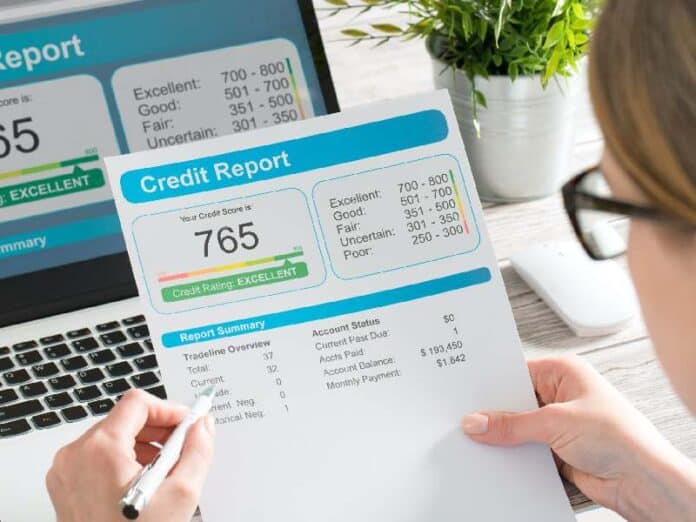
A solid credit score is a key to moving forward with your current financial plans. Whether you are getting a mortgage, car loan, credit card, or other types of line of credit, you will find that a score can make or break your plans.
Most lenders start by checking your credit score before agreeing to lend you money and to determine whether you are a good risk or not. But what exactly is a credit score? And how can check your credit score and improve it?
This guide will tell you everything you need to know about credit score 101 and how they work.
What is a Credit Score?
A credit score is simply a numerical representation of your creditworthiness. Lenders use your credit score to determine whether or not you’re a good candidate for a loan. The higher your score, the better your chances of getting approved for a loan with favorable terms.
The lower your score, the riskier you appear to lenders, and the less likely you are to get approved for a loan at all. If you’re interested in boosting your credit score, there are several things you can do, such as paying your bills on time, maintaining a good credit history, and using a credit monitoring service.
Where Your Credit Score Comes From?
Your credit score is generated by a credit reporting agency, which collects information from your credit history. This information is then used to generate a numerical score that represents your creditworthiness.
Several factors go into your credit score, including your payment history, credit utilization, and credit mix. You can improve your score by making on-time payments, keeping your balances low, and diversifying your credit portfolio.
If you are interested in finding a credit score guide, click for a credit coach.
What Are the Factors That Affect Your Credit Score?
The most important factor is your payment history. If you have a history of late payments or missed payments, your credit score will be lower. Other factors that affect your credit score include the types of credit accounts you have, your credit utilization, and the length of your credit history.
How Can You Improve Your Credit Score?
You can start by paying your bills on time. This will show creditors that you’re reliable and capable of repaying your debts. You can also try to pay down your debts. This will improve your credit utilization ratio, which is a major factor in your credit score.
Also, you can avoid opening new lines of credit and closing old ones. Finally, you can check your credit report for errors and dispute any that you find.
Understanding the Credit Score 101
By studying credit score 101, you can start to work on strategies to improve your score. Improving your credit score can take time and patience, but it’s worth it in the end. A good credit score can save you money on interest rates and help you get approved for loans and credit cards.
To find more informative articles like this, visit our main blog.

